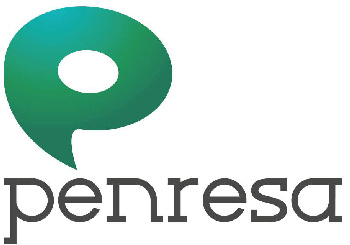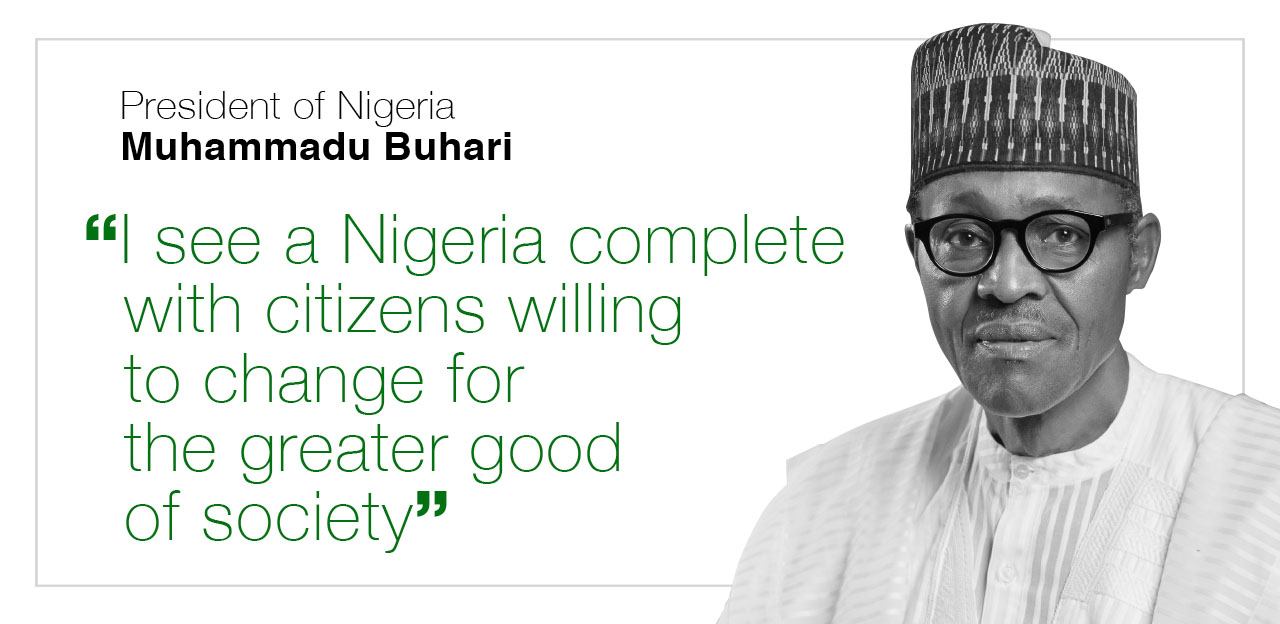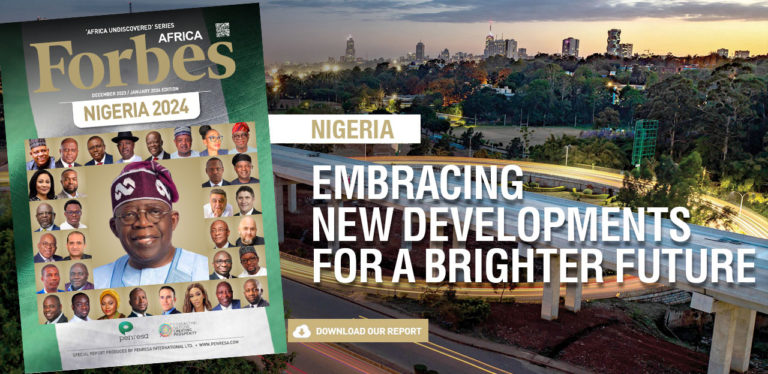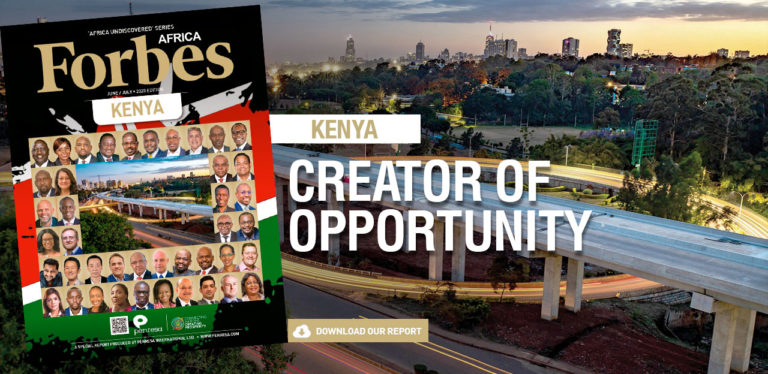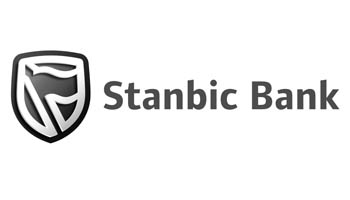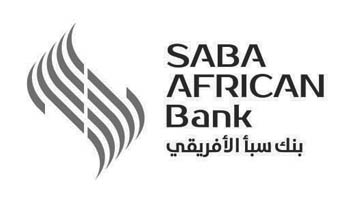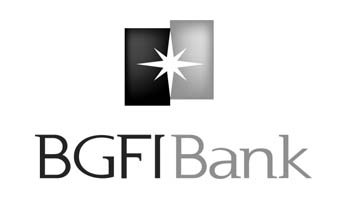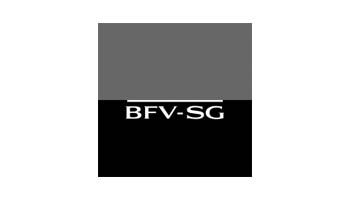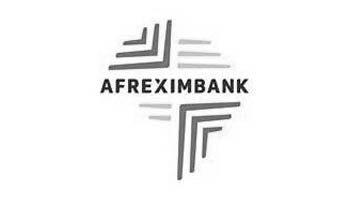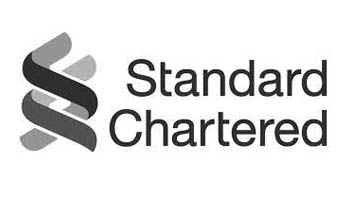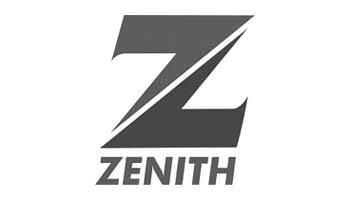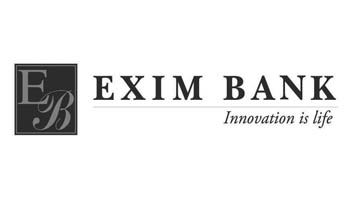President Buhari discusses his fight against corruption while jumpstarting the economy.
When President Muhammadu Buhari came into office in 2015, he promised the Nigerian people three things: end rampant corruption, defeat Boko Haram and revitalise the economy. He and his administration have made excellent progress on all three fronts. Recently, his ‘Made in Nigeria’ campaign has aided in reinvigorating the Nigerian entrepreneurial spirit with homegrown products to reduce the nation’s imports and boost the local economy. Buhari’s anti-corruption war was the major element that drove his campaign and consequent election into office. The change mantra of the All Progressives Congress was hinged on the ‘anti-corruption fight’ and the country is currently witnessing a massive clean-up of corruption with the introduction of various policies through government machinery. Retaining a rare reputation for honesty among Nigeria’s politicians, many feel his military background and his disciplinarian credentials are just what the whole country needs to get to grips with the insurgency in the north and the crises in the Niger Delta.
Recently, Nigerians were treated with disdain and subjected to inhuman treatments in foreign lands as a consequence of strained relationships with global powers. However, things under President Buhari so far are beginning to look up. This is evidenced by EUR50 million (about N11.15 billion) loan agreement with the French government for capacity-building and upgrade of power training facilities and a $237 million agreement with the World Bank to improve power. Chinese solar power companies have also agreed to set up a solar panel manufacturing business in Nigeria. Buhari’s team has made headway with the UN regarding the clean-up of oil pollution in Ogoniland.
As former head of the Nigerian National Petroleum Corporation (NNPC) and Minister of Petroleum, Buhari has a vast amount of experience in the oil and gas sector, making him the ideal person to lead the country towards economic prosperity. He’s challenged the members of the newly inaugurated boards in the Ministry of Petroleum Resources to ensure decency and transparency in the management of the nation’s oil industry. Boards including the NNPC, Nigerian Content Development and Monitoring Board (NCDMB) and Nigerian Nuclear Regulatory Authority (NNRA) were specifically tasked to ensure that they devise practical strategies aimed at tackling current challenges within the oil industry. As oil and gas are the country’s foreign exchange earners, Buhari’s goal is to ensure propriety in management of these most vital national institutions in the most effective way for Nigeria to get value for money from its assets.
By introducing transparency in the country’s oil industry, ongoing reforms will help steer corporations and ultimately the country to better performance and efficiency. Buhari stresses the need to come up with innovative ways of addressing the constraints in funding joint venture projects between the NNPC and international oil companies, as well as other investment issues. Ultimately, Buhari’s optimism and strength gives the nation confidence that its aspirations in the oil industry will be achieved within a reasonable time frame. Penresa was fortunate enough to sit briefly with President Buhari to discuss anti-corruption, the economy and his future vision for the Giant of Africa.
The past 18 months were difficult due to macroeconomic conditions and their subsequent effect on the economy. With that in mind and looking back on that year what achievement are you most proud of?
The past 18 months were truly difficult for Nigeria, with challenges in many areas of our national life. The economy was down, oil prices were low in the international market plus several security challenges. Unrest in the Niger Delta area led to the sabotage of oil and gas installations meaning we could not meet our income projections for the budget. However, as a government, we rolled up our sleeves and tackled the challenges. I believe that government exists to bring succour to the people, and so, we continue to work, despite the intimidating challenges. Currently, things are looking up, and the tide has turned in our favour.
With challenges comes success and I’m proud to say we’ve accomplished much. We were able to secure our country by beating back insurgency, fight corruption by recovering billions of stolen funds while working to reflate the economy. We pumped money into capital projects to the tune of N750 billion – it’s now over one trillion in the first quarter of 2017 – while beginning our ‘Made in Nigeria’ campaign, to reignite the Nigerian spirit.
The past year saw the rise of Niger Delta militancy. How is the government working to address those issues in 2017?
Militancy in Niger Delta wreaked havoc on our fiscal projections in 2016. Due to sabotage, we lost around a billion barrels of oil per day. As a government, we could have used our military might to respond but we have always made it clear that we preferred dialogue to create peace. In the end, leaders of the region led the peace and dialogue initiative, visited me at the presidential villa, leading to a fruitful session. Today, the peace option has moved forward. Vice President Osinbajo has been visiting major areas in the Niger Delta to harbor constructive relations. It is of Nigeria’s best interest to foster peace and goodwill everywhere.
As a staunch leader of the anti-corruption campaign, what role do you play as the head of the Petroleum Ministry in promoting transparency in the oil industry?
One of the major pillars of our political campaign was the fight against corruption. This meant ensuring transparency in every sector. So the quest for transparency is not just in the oil industry. Yes, because of the shady acts of the past, the oil sector needs to be cleaned up and we are working on it.
During your tenure, the NNPC has seen some major restructuring. What were your ambitions when you started these changes, and have your objectives been met?
The world is dynamic and you must respond with more modern and proactive ways of doing things. You can’t expect the NNPC to remain the way it has always been, so we must restructure to meet current realities. The restructuring is yielding fruits and we will continue to do what we should do, for the good of our country.
The Federal Government has also granted exploration rights for the north of the country. Are there any findings there yet, and if so what are your expectations of bringing greater wealth to northern Nigeria?
Prospecting for oil in the Chad basin dates back to the 1970s. It was suspended in year 2000, when not much headway was made but we had to resume when countries like Chad, Niger and Central Africa Republic found oil. It pointed to the fact that there could be oil in the north. In 2009 the government resumed the search lasting until 2014, when it had to stop due to insecurity in the area. Now, with peace largely restored, the search continues with the use of modern technology, adopted by our neighbors. Recently, crude oil deposits were found in the Bida basin, in Niger State, and that is a good indication for our country.
A new year lies ahead, what challenges and opportunities do you forecast for 2017?
My forecast for the rest of 2017? A year in which Nigeria prospers on all fronts. The economy will rebound, getting out of the recession, with a solid foundation built for the future. A year in which we would consolidate on security, because you can’t manage a country you have not efficiently secured, and a year in which we would further reduce corruption drastically. I see a Nigeria complete with citizens willing to change for the greater good of society. I envision this societal change benefitting the private sector as well, leading to a prosperous nation. We are here to make a beneficial impact on the lives of our people and 2017 is a year we would work assiduously to achieve it.
